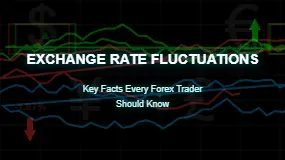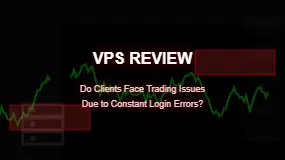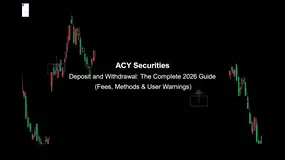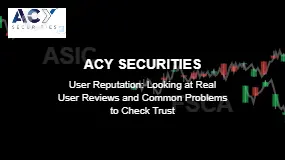Abstract:Like other financial markets, the forex market is influenced by various factors, including economic data, geopolitical events, and market sentiment. However, one often overlooked factor is seasonality—patterns that recur at specific times of the year. One such seasonal phenomenon is the "January Effect," which can have a notable impact on currency trading.
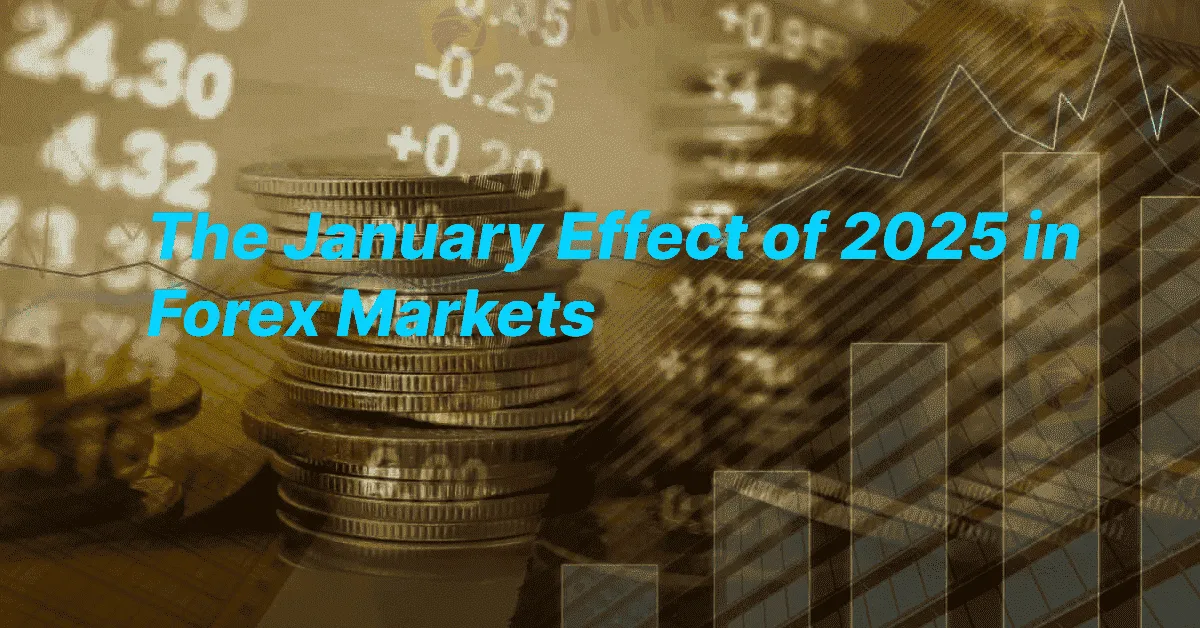
Like other financial markets, the forex market is influenced by various factors, including economic data, geopolitical events, and market sentiment. However, one often overlooked factor is seasonality—patterns that recur at specific times of the year. One such seasonal phenomenon is the “January Effect,” which can have a notable impact on currency trading. This article explores the January Effect in forex markets, its underlying causes, and how traders can capitalize on this seasonal pattern.
What Is the January Effect?
The January Effect is a term commonly used in stock markets to describe a tendency for stock prices, particularly small-cap stocks, to rise during the first month of the year. In the context of forex markets, the January Effect refers to recurring trends or patterns in currency price movements observed in January. These trends are often driven by shifts in market sentiment, portfolio rebalancing, and economic expectations for the new year.
Causes of the January Effect on Forex Markets
Several factors contribute to the January Effect in forex markets:
- Portfolio Rebalancing: At the start of a new year, institutional investors and fund managers often rebalance their portfolios, which can lead to increased trading activity and volatility in currency markets. For example, they may adjust their exposure to certain currencies based on new economic forecasts.
- Economic Data Releases: January typically features a slew of important economic data, including Non-Farm Payrolls (NFP) in the U.S., manufacturing and services PMI reports, and inflation data. These releases set the tone for market expectations and can drive significant currency movements.
- Renewed Risk Appetite: After the year-end holiday lull, traders return to the markets with a renewed appetite for risk. This can lead to increased demand for high-yielding or risk-sensitive currencies, such as the Australian dollar (AUD) or New Zealand dollar (NZD).
- Seasonal Business Cycles: Some industries, such as retail and tourism, experience seasonal shifts that can influence currency demand. For instance, currencies of countries heavily reliant on tourism may see increased activity as businesses prepare for the post-holiday travel season.
Common January Patterns in Forex Markets
- Strength in the U.S. Dollar: The U.S. dollar (USD) often sees increased demand in January due to its status as a safe-haven currency and the release of critical economic data, such as the NFP report.
- Volatility in Emerging Market Currencies: Emerging market currencies, such as the South African rand (ZAR) or Turkish lira (TRY), can experience heightened volatility in January as investors reassess risk exposure and economic outlooks.
- Rebound in Commodity Currencies: Commodity-linked currencies like the Canadian dollar (CAD) and Australian dollar (AUD) may benefit from renewed risk appetite and shifts in commodity prices.
- Eurozone Activity: The euro (EUR) often reacts to economic data and policy expectations in January, as traders assess the health of the Eurozone economy heading into the new year.
Trading Strategies for the January Effect
To take advantage of the January Effect in forex markets, traders can consider the following strategies:
- Monitor Economic Calendars: Stay updated on key economic data releases in January and plan trades around high-impact events, such as central bank meetings and employment reports.
- Focus on Seasonal Trends: Analyze historical data to identify recurring patterns in specific currency pairs during January. For example, if a currency pair consistently strengthens during the month, consider incorporating this trend into your trading strategy.
- Use Technical Analysis: Combine seasonal insights with technical analysis tools, such as trendlines, moving averages, and support/resistance levels, to refine entry and exit points.
- Manage Risk: January can be a volatile month, so its crucial to implement proper risk management techniques, including setting stop-loss orders and limiting leverage.
Conclusion
The January Effect offers forex traders an opportunity to capitalize on seasonal patterns and recurring trends in the market. By understanding the underlying causes of these patterns and employing strategic approaches, traders can potentially enhance their profitability during this dynamic month. However, as with any trading strategy, its essential to combine seasonal insights with thorough analysis and disciplined risk management. As January unfolds, staying informed and adaptable will be key to navigating the opportunities and challenges it presents in the forex market.





